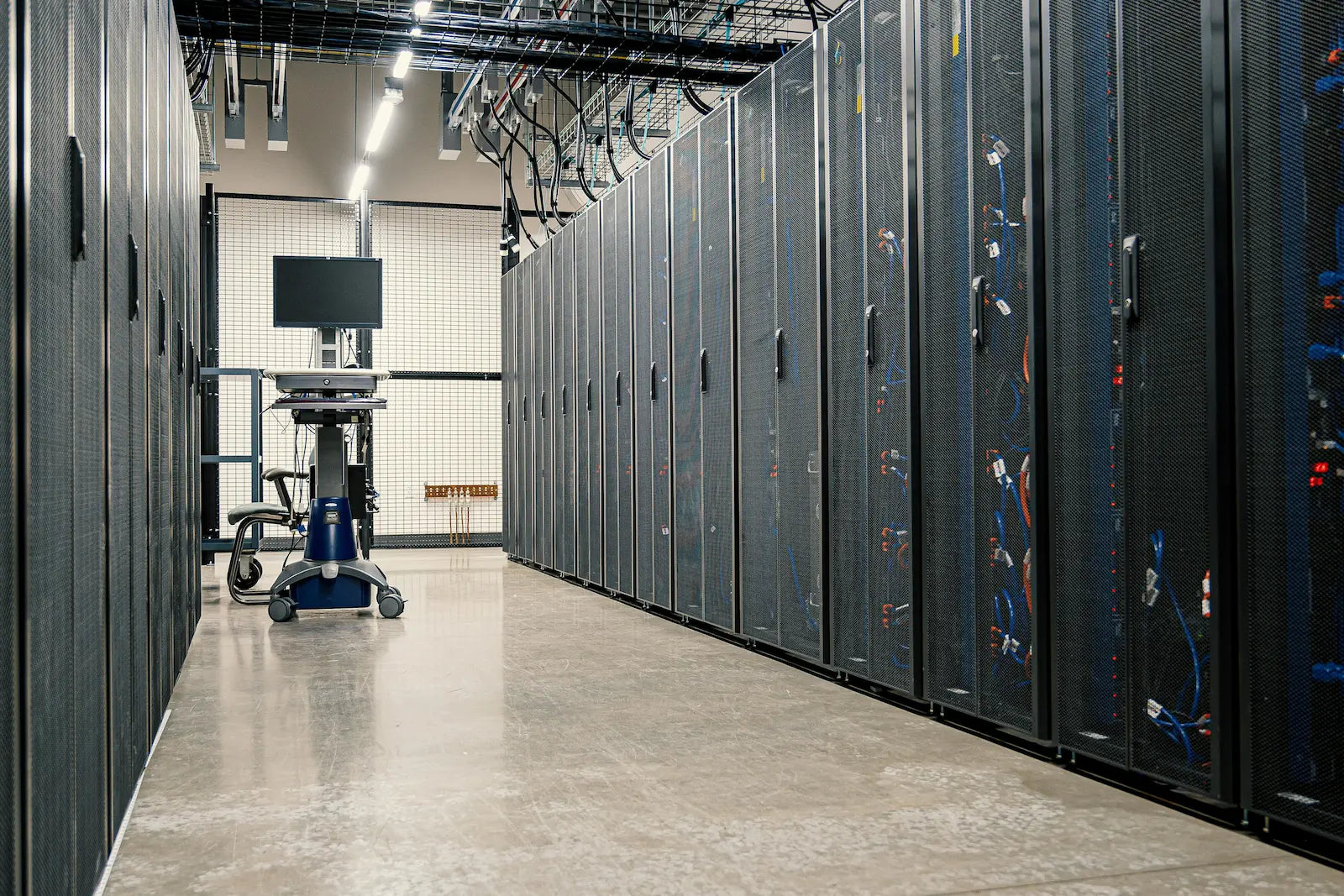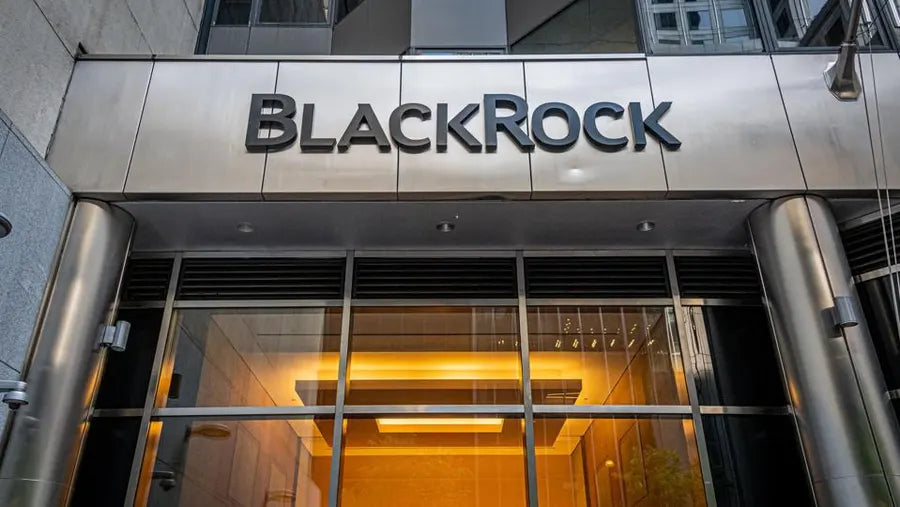Mining Hub - Texas

When it comes to Bitcoin adoption at the state level in the United States, Texas has made no secret of its open stance towards the rapid mining expansion that has taken place within its borders. Although Bitcoin in general has seen a lot of attention on various fronts recently, news from Texas in particular has been gaining more and more attention. In fact, a spate of recent activity across the mining sector has directly or indirectly affected the state, with major new developments seemingly emerging on a weekly, even daily, basis.
At Bitcoin 2022 last month, blockchain leader Blockstream announced a partnership with Block and Tesla to develop a 100% renewable, solar and battery-powered, off-grid pilot mine in West Texas. A few weeks later, Fort Worth, Texas, declared its intention to begin mining Bitcoin on-site at City Hall, becoming the first U.S. city government to do so. Just a day later, mining giant Riot Blockchain revealed its plans to develop 1GW of new mining capacity in Texas by 2024. The following week, Argo Blockchain announced the completion of its new 200 MW West Texas facility, which will begin mining this month. Meanwhile, just last week, Mawson Infrastructure released its goal to develop a new 120 MW plant in partnership with JAI Energy and Texas Pacific Land (one of the state's largest private landowners), which it expects to begin this year Mining will begin next year. Despite all this activity, the state's ongoing crypto romance shows no signs of cooling down any time soon.
Power is money
Texas offers a hospitable environment for crypto mining for many of the same reasons it has long proven desirable for other industries: cheap electricity, open space and loose regulation. But the state has taken a particular interest in Bitcoin, with some of its most powerful and visible elected officials, including Gov. Greg Abbott and Sen. Ted Cruz, openly championing the currency as a whole, along with the potential for mining to boost the Texas economy with new jobs, tax revenues and energy needs.
Of course, Texas generated no shortage of notoriety just last year when a winter storm caused a catastrophic power outage that crippled the state's power infrastructure for weeks and led to a death toll of 246. To some, a crypto mining takeover sounds like the perfect recipe for even more disaster, but the case for mining expansion argues that this is exactly why Texas needs mining and that mining operations are actually proving crucial to stabilizing the grid, containment and even lower electricity prices (as evidence of these claims, the Texas Blockchain Council revealed last week that much of the mining industry had voluntarily downstreamed in response to a conservation notice from the Electric Reliability Council of Texas [ERCOT] the day before ).
In any case, it appears Texas is about to find out. A recent forecast from ERCOT predicts increased demand of 5-6 GW within the next 12-15 months alone, exceeding the total residential power needs of Houston, its largest and most populous city (and the fourth most populous in the U.S.). In total, over 17 GW of mining operations have actively inquired about purchasing to the state (starting in March of this year, ERCOT began requiring approval for all new large electrical loads), which if implemented immediately would meet even Texas' peak demand in this one would increase by around 20% every year. In total, ERCOT is preparing for up to 25 GW of new mining demand over the next decade.
The bigger picture
Texas has always cultivated an outsized economic and cultural influence, which is saying a lot considering how geographically large the state is. If everything really is bigger in Texas, it would be unusual to expect anything less from the mining industry there. Texas will not only attract an influx of independent miners, but also many large industrial operations (the state is already home to the largest single Bitcoin mining facility in the US at Riot's Whinstone mine in Rockdale, which has a total capacity of 750 MW, with currently 400 MW can be used), and with it a massive piece of the global hashrate cake Texas is already on track to surpass all other nations as well as the rest of the USA combined in terms of hashrate share in the next two years.
Of course, hashrate concentration can also present its own risks, both for miners individually and for the network as a whole, as the impact of last year's crackdown in China clearly shows. However, a similar type of abrupt and sweeping regulatory overhaul remains legislatively unlikely in a country like the United States (with its permanent state rights) and culturally unlikely in a state like Texas. Additionally, Texas is the only state in the continental U.S. with an independent and isolated electric grid, which mostly allows it to avoid federal regulations. Texas thus offers Bitcoin not only immense power capacity for mining, but also a politically stable source for future network security.
Will Bitcoin and mining soon enough be as synonymous with Texas as oil and cowboy boots? This seems entirely possible, although it is still too early to say what the club would mean. Should the mining industry continue to thrive in Texas, it will strengthen not only the network but the entire Bitcoin brand and help drive further adoption elsewhere. In the coming years, Texas could stand as a model for other states or an example of mistakes to avoid. For now, however, Texas appears to have enough room for a few more bulls.
Open for business
This much seems to be guaranteed: the mining situation in Texas will continue to escalate from here. In fact, this is almost certainly just the beginning, with countless more developments to come as ERCOT's 25 GW of projected demand flows steadily into the state over the next decade. Perhaps the broader significance of Texas' Bitcoin mining trajectory will ultimately be as a test case in the US for what happens when an entire state (and the second largest in the country by area and population) collectively gives itself orange pills. Regardless, there are heady times ahead for the Bitcoin mining space in Texas.























